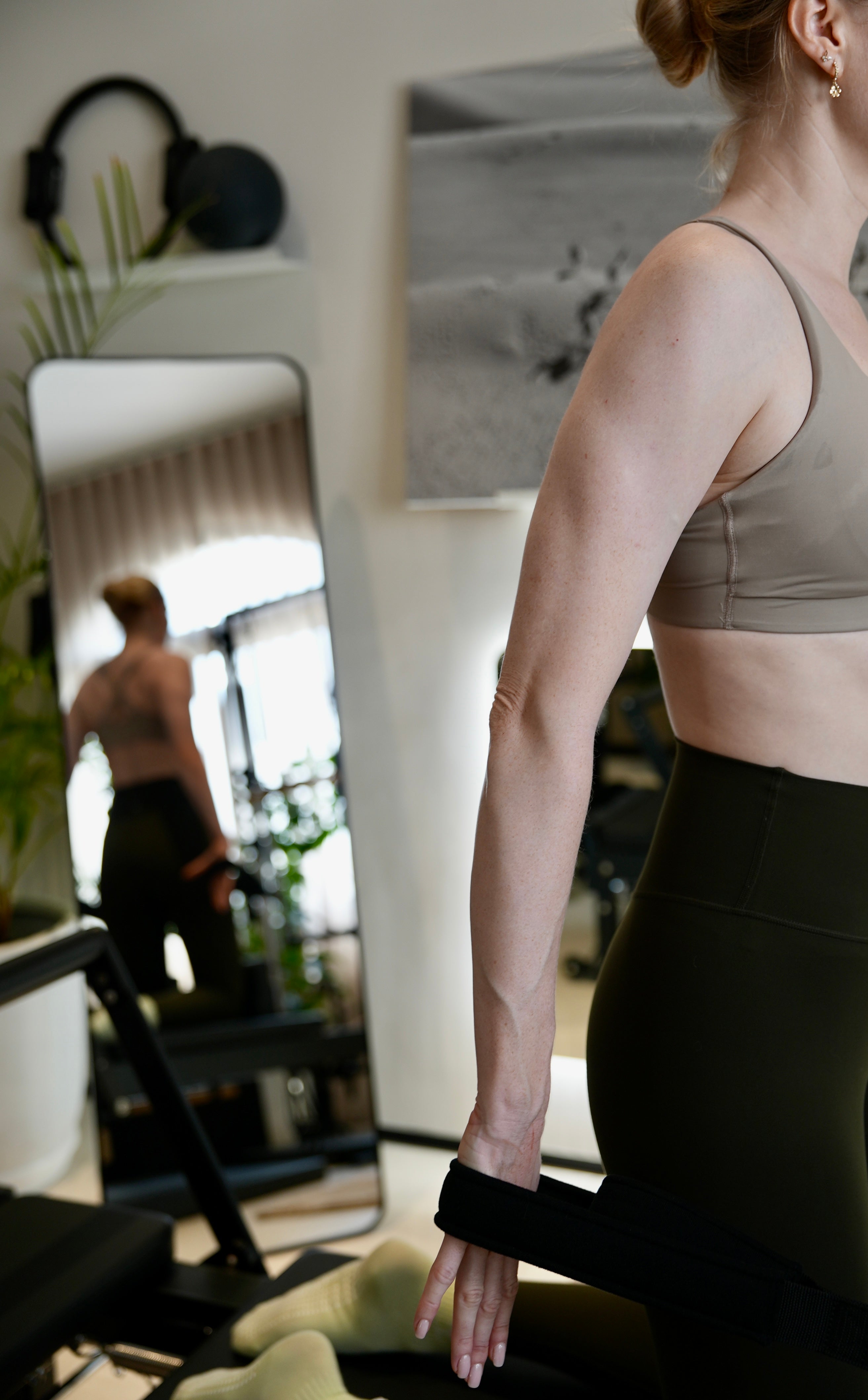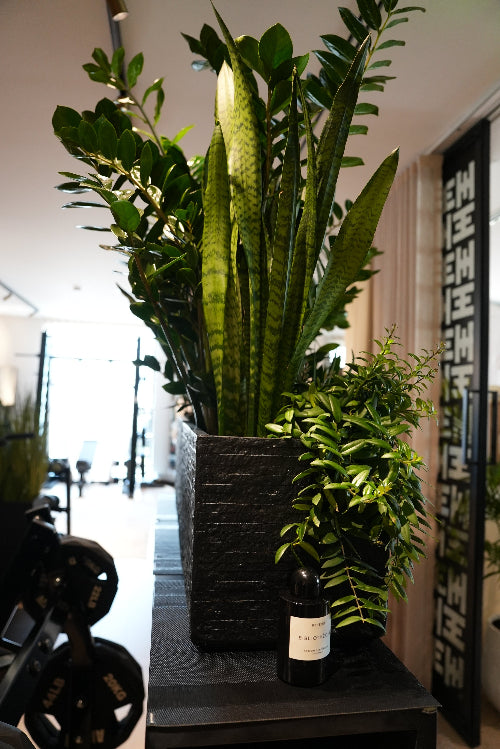How Much Protein Do You Need Per Day?
A simple guide to hitting your goals without overthinking it.

Protein often takes centre stage in health and fitness conversations and with good reason. Whether you’re aiming to build muscle, lose fat, support your immune system, or simply stay full between meals, getting enough protein matters more than most people realise.
But how much is enough? When should you eat it? And what if you are vegetarian or just don’t want to overcomplicate things?
Here’s what you need to know.
Why You Should Prioritise Protein
Protein plays a crucial role in almost every system in your body. It supports:
● Muscle growth and repair
● Satiety (keeps you fuller for longer)
● Hormone production
● Immune health
● Preserving lean mass during fat loss
Whether you are training regularly or simply want to feel energised and resilient in your day-to-day life, protein is one of the most important foundations of your diet.
So, How Much Do You Actually Need?
If your goal is fat loss, muscle gain, or simply better health, the current research supports aiming for:
1.6 to 2.4 grams of protein per kilogram of body weight per day
● If your goal is fat loss: aim for the higher end (around 2.2–2.4 g/kg)
● If your goal is maintenance or general wellness: 1.2 to 1.6 g/kg may be enough
● If you have a higher body fat percentage: it’s more accurate to calculate protein needs using your lean body mass or goal weight, rather than total weight
Example:
Someone who weighs 65kg would aim for roughly 105-150g of protein per day.
At HALM, we help you find the right target for your body, your goals, and your lifestyle so you’re not guessing or stressing.
When (and How) to Eat It
It’s not just how much protein you eat, but how you spread it across the day.
While total daily intake is the priority, research shows that distributing your protein evenly across meals helps your body better use it for muscle repair and recovery. Ideally, aim for 3 to 5 meals, each containing around 0.4-0.6 g/kg of high-quality protein.
For someone at 65kg, that’s roughly 25-40g of protein per meal.
What a Typical Day Could Look Like (100g Protein Example)
Breakfast:
● 2 eggs, 1 slice wholegrain toast, 160g 0% Greek yoghurt, berries
● ~30g protein
Lunch:
● 120g grilled chicken, rice, mixed salad
● ~35g protein
Dinner:
● 150g baked salmon, sweet potato, roast vegetables
● ~35g protein

Easy Ways to Increase Your Protein Intake
If you are struggling to hit your target, here are some simple strategies:
● Add egg whites, low-fat cottage cheese, or Greek yoghurt to meals
● Use protein powder in smoothies, oats, or yoghurt bowls
● Choose high-protein grains like quinoa or buckwheat
● Snack on edamame, boiled eggs, roasted chickpeas, or high-protein yoghurts
● Increase protein portions at meals where possible
It doesn’t have to be perfect - just consistent.
Plant-Based? No Problem
While animal proteins naturally contain more essential amino acids (especially leucine, which supports muscle repair), vegetarians and vegans can also hit their goals with a bit of planning.
Focus on:
● Eating a variety of plant proteins (legumes, grains, soy, seeds)
● Combining protein sources (e.g. rice and beans, lentils and quinoa)
● Including soy-based foods like tofu and tempeh
● Slightly increasing your overall daily intake to ensure amino acid balance
Common Protein Myths Busted
"Too much protein damages your kidneys" - In healthy people without kidney disease, high protein diets are safe and well-tolerated.
"It weakens your bones" - In fact, it supports bone health when calcium is adequate.
"You can not absorb more than 30g at once" - While only a portion may be used for muscle building immediately, the rest absorbed to support other vital bodily functions.
"It is impossible to eat more than 100g per day" - With simple planning, most people can hit this comfortably.
“You have to eat protein immediately after training” - The idea of a strict 30-minute “anabolic window” has been overstated. Ideally, eat protein within 1-3 hours post-workout, but it's more about the full day than the perfect moment.
Final Thought
You don not need to overthink it. Just build your meals around quality protein, stay consistent, and let the results take care of themselves.
With the right guidance, hitting your protein goals becomes second nature, and so does feeling stronger, more energised, and more in control of your health.
Want Help Personalising Your Nutrition?
Book a complimentary consultation at HALM and discover how we help members build strength, lose fat, and improve energy with a plan that actually fits their lifestyle.










